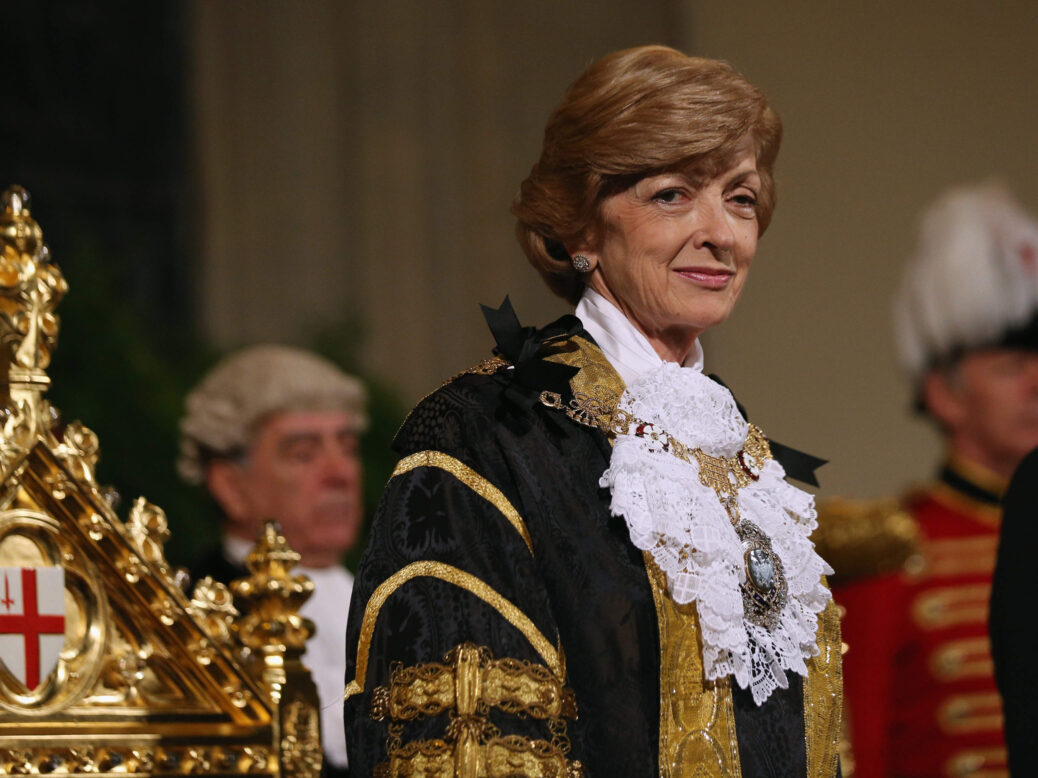
The public inquiry into alleged historic child sex abuse cases cannot seem to find someone to chair it who does not have some links to the establishment it seeks to scrutinise.
This week, it emerges that the second chair of the inquiry is under pressure to resign. The prominent QC and Mayor of London, Fiona Woolf, appointed to head the inquiry, has disclosed that she had attended dinner parties with Lord Brittan and his family numerous times. Brittan was the Home Secretary when ministers at his department were handed the infamous dossier on alleged high-profile child abusers. The file itself has since been “lost”.
Woolf wrote a letter to the current Home Secretary, Theresa May, admitting that she had dined with Brittan five times since 2008, and lived on the same street as the Brittans. Here’s the key passage from the letter:
As far as Lord and Lady Brittan are concerned, I have had a house in London on the same street as the Brittans since 2004. I was first introduced to Lady Brittan through a third party. I subsequently met Lord Brittan in a personal capacity when I invited Lord and Lady Brittan to a dinner party at my residence on 9 January 2008 . . . hosted two further dinner parties at my residence, where Lord and Lady Brittan were invited and attended along with other guests . . . The Brittans hosted two dinner parties at their residence, which I was invited to and attended . . .
However, Woolf argues that the peer is not a “close associate”, but just “one of thousands of people” she knew.
Although MPs are concerned about her lack of background in child protection, what most jars is her claim that she is not part of “the establishment”, as reported by the BBC’s Tom Symonds this morning on the Today programme. Symonds spoke to an abuse survivor who said he was “appalled” by Woolf’s appointment, accusing the inquiry of simply putting “puppets” in place.
However, on the same programme, a member of the panel, Sharon Evans, defended Woolf, pointing out that there are nine people on the panel “with an enormous background of expertise in this field”. She added, “the whole panel are aware we’ve got off to a very difficult start . . . we are satisfied that Fiona Woolf has the skills of a solicitor.”
Downing Street is also backing Woolf, with a spokesperson commenting that, “the Prime Minister is confident that Fiona Woolf and the panel will carry out their duties to the high standards of integrity required”.
A lawyer representing abuse victims, Alison Miller, told the Today programme that Woolf being on “dinner party terms” with the peer was “beyond the pale”, and called for her to step down. Similarly, the Labour MP Simon Danczuk, who has long been investigating these historic child abuse cases, is calling for her resignation:
I don’t know what world she inhabits but where I come from if you’ve been to dinner at somebody’s home and vice versa then you’re relatively close – you’d consider them friends.
These calls follow the former inquiry chair Baroness Butler-Sloss stepping down after less than a week in the role, due to her brother, Sir Michael Havers, having been Attorney General during the time of the alleged abuses in the Eighties.
The tempestuous times this inquiry is going through even to get underway means the process is in danger of becoming a personality battle, overshadowing those who have wished for so long to bring the past establishment to account.






